|
The rhythms of life have changed quite a bit for most of us during the current pandemic. While we lament the tolls of COVID-19 and much that we have lost, I have also found this a time to develop my attentiveness to God's creation. In the spring and summer, I was home with my kids, and we spent so much time in our yard, noticing details we had never had noticed before. We watched the flowers grow and gawked over a robin's nest built right next to our house. I heard the call of a yellow warbler frequently. It seemed as if wildlife were all around us much more so than usual. But had nature changed? Or had we changed? Certainly, there are interesting examples of nature responding to the changes in human behavior, such as wildlife exploring cities on lockdown. However, I think for many of us, it is our own pace of life and and time spent in one place that have changed. Even an area quite familiar to us--a backyard, a favorite park, or a forest preserve--can yield new insights and reveal more intricacies of God's creation when we visit more often and spend the time to stop and notice things. In the fall, Trinity resumed classes virtually but with offices open and some residential students. I regret that I can't take my students out to the Trin Trail along Navajo Creek with me this term, but we've still found ways to be attentive to God's creation in different ways. My students have gone out individually to make observations--sometimes in their own yard, sometimes at a forest preserve or state park. I love to read about their observations and experiences and see how they, too, are thinking about their place in a new way. One morning I received an email from two of my colleagues asking about a fungus growing on a tree on campus. They had taken the time to be attentive to creation and to pursue more knowledge.
So stop and notice the mushrooms--or any piece of God's creation that catches your eye. Find the last flower blooming that has weathered freezing nights. Observe the way the frost forms on a fall leaf. Watch for the birds seeking out their food in the winter.
0 Comments
Leave a Reply. |
Abbie SchrotenboerI'm a biology professor at Trinity Christian College. I'll be using this page to share interesting stories related to ecology and conservation at Trinity and in the Chicago area (although I might be tempted to expand my geographic focus upon occasion). Archives
December 2020
Categories |
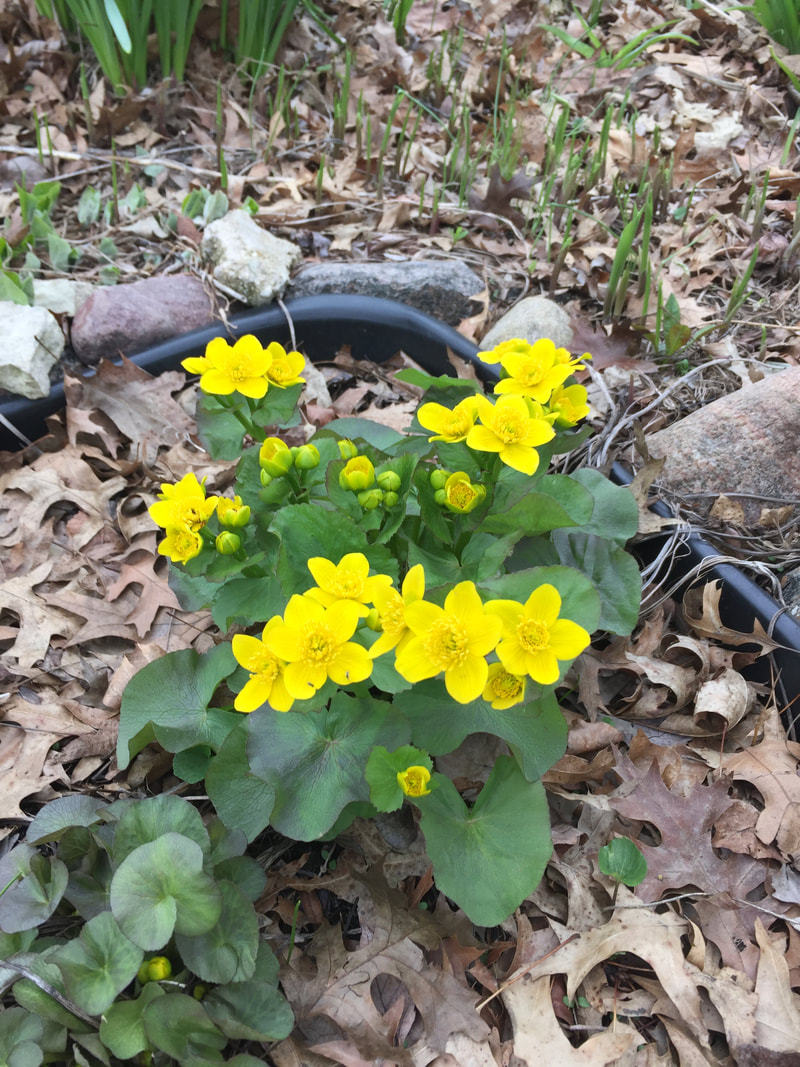
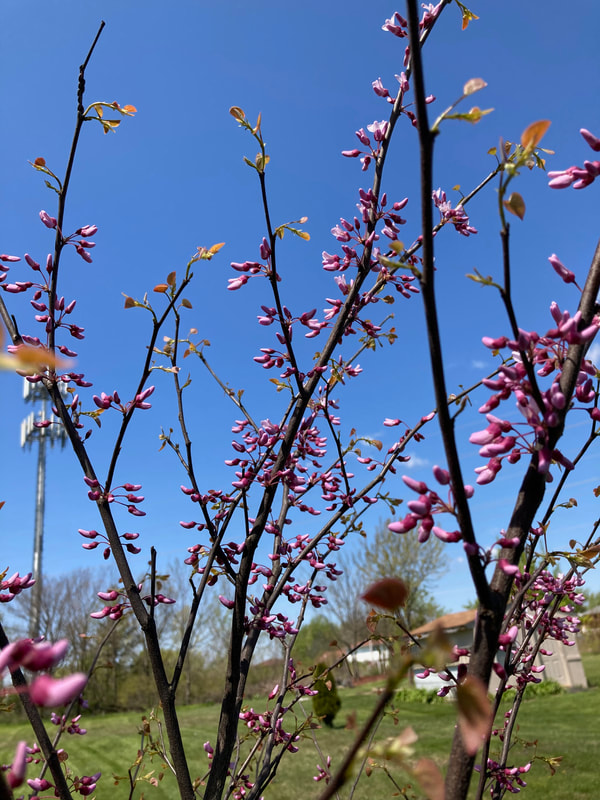
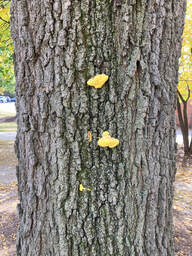
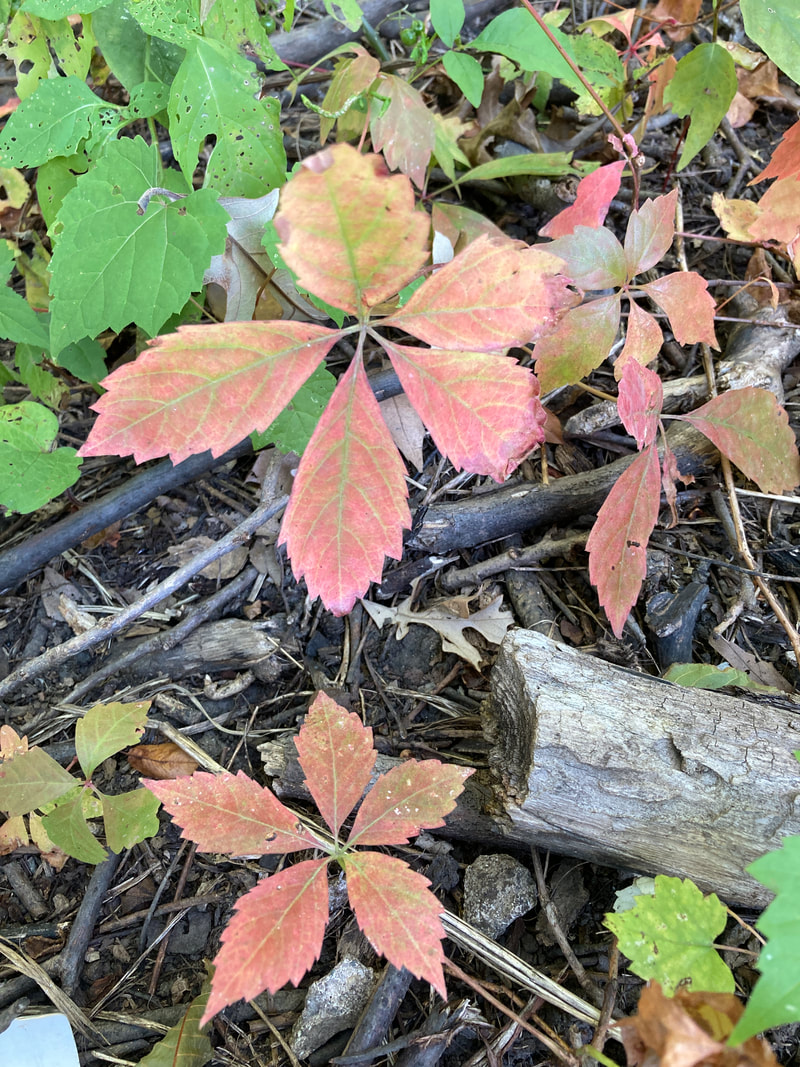
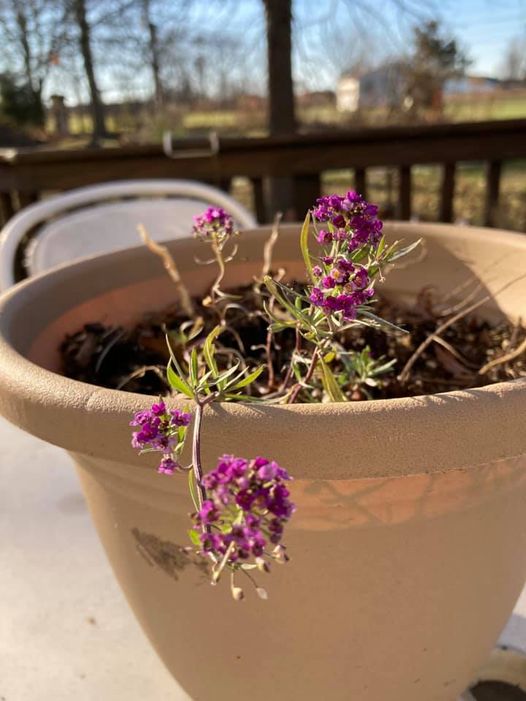
 RSS Feed
RSS Feed
